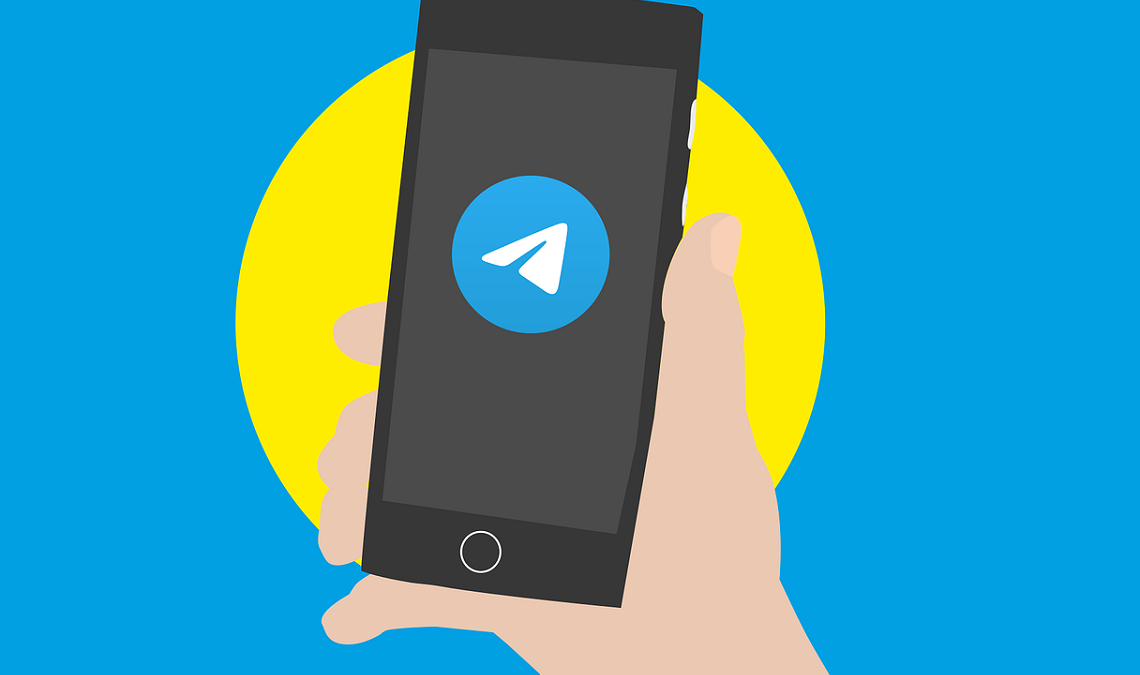
If you are in Kenya, you may have had some issues recently when trying to access Telegram. This is happening as the four main telcos, Safaricom, Airtel, JTL and Telkom are blocking access to the service following a directive by the Communication Authority of kenya (CA).
Back in October, the CA sent out a letter to the 4 mentioned telcos saying that some individuals were planning to use Telegram to aid with exam cheating. The letter read in part, “It has come to the attention of the Authority that the Telegram platform is being misused to perpetrate criminal activities, including compromising on the integrity of the ongoing national examinations.”
“As result, various government agencies have reached out to the Authority seeking assistance in taking down social media channels and forums, including Telegram, that are interfering with the integrity of our national examinations,” said CA to the telcos. The reasoning is pedestrian at best as blaming Telegram does not address the fundamental issue of exam cheating and is similar to addressing the symptoms and not fixing the root cause of the problem. The government should find a way to address how the exam papers are leaked and fix that and not block Telegram. The assumption here is the exams may have already leaked and they will get to some candidates with or without Telegram, fix that instead of combining up with half-baked solutions.
The CA went ahead to say all other social media platforms have taken steps to address misuse of their platforms except Telegram.With no details provided, I doubt it is true and maybe the platforms have promised to take down accounts that may be reports for sharing leaked exam content.
The telcos have been advised to block access to Telegram during the administration of the KCSE Examinations between 7:00 a.m. and 10:00 a.m. in the morning and from 1:00 p.m. to 4:00 p.m. in the afternoon from Monday to Friday up to until November 22nd, 2024.
How to Bypass Telegram Restrictions
For those who still want to use Telegram for work, to share files or anything else, the directive affects us and this is unfair. The good news is that you can bypass this with ease even when using the mentioned ISPs.
Use a VPN
The easiest way to bypass this is by using a Virtual Private Network (VPN). A VPN disguises your location, encrypts your data and routes your connection through servers in other regions, making it appear that you’re browsing from a different location.
For our current case, you will be appearing to browse from a different region as you will connect to servers in different regions where Telegram is accessible. Since your traffic is encrypted, your ISP cannot see you are accessing Telegram allowing you to use the app without any restrictions.
Top VPN Recommendation
There are so many VPNs to choose from including free and paid versions.My top favorite is CyberGhost which I have been using for over 5 years. The others you can check out include:
- CyberGhost (Paid)
- ProtonVPN (Free)
- ExpressVPN (Paid)
- Surfshark (Paid)
- NordVPN (Paid)
- IPVanish (Paid)
Tip: Free VPNs may offer limited speeds and access. Paid VPNs typically provide better stability and speed, especially for frequent users.
Change Router DNS Settings
If you can access your router’s admin panel through 192.168.1.1 or 192.168.0.1 (type these on your browser and enter), you can login and change the DNS to use third-party DNS providers like Google DNS or Cloudflare DNS. This can help bypass restrictions if the block isn’t at a deeper network level. Here’s how to do it:
- Access Router Admin Panel:
- Open a browser and enter your router’s IP address (often 192.168.1.1 or 192.168.0.1).
- Log in using the credentials, which are typically
admin/adminoradmin/passwordif you haven’t changed them.
- Change DNS to Google or Cloudflare:
- Look for DNS settings and enter the following:
- Google DNS:
8.8.8.8and8.8.4.4 - Cloudflare DNS:
1.1.1.1and1.0.0.1
- Google DNS:
- Look for DNS settings and enter the following:
This should restore access to Telegram if your ISP isn’t blocking it by IP or port. That is all, you will be back to using Telegram without any restrictions. While these restrictions are expected to remain in effect until the KCSE exam period concludes on November 22nd, 2024, using a VPN or adjusting DNS settings can help maintain uninterrupted access to Telegram for those relying on the app for work or other essential uses.

